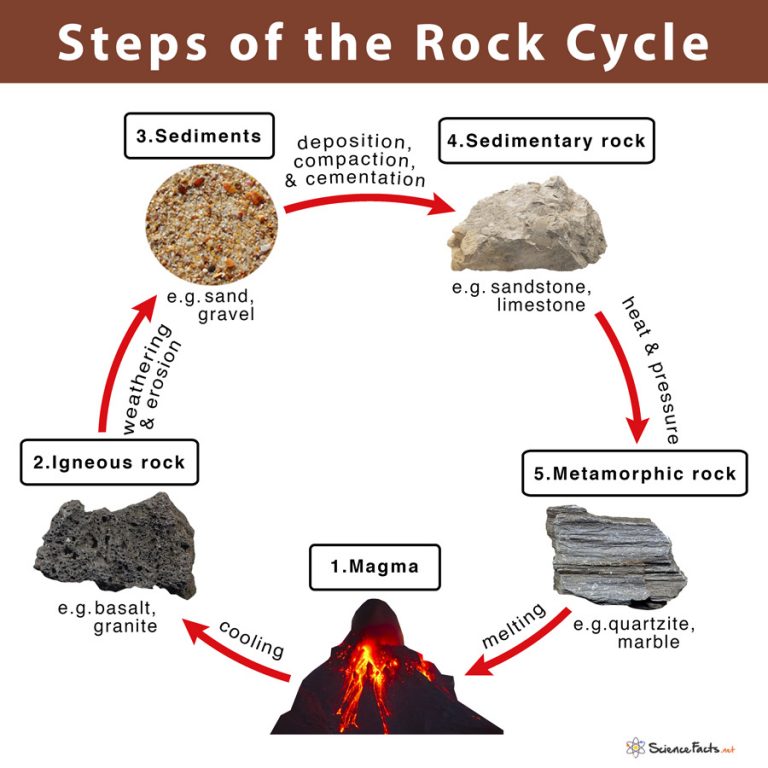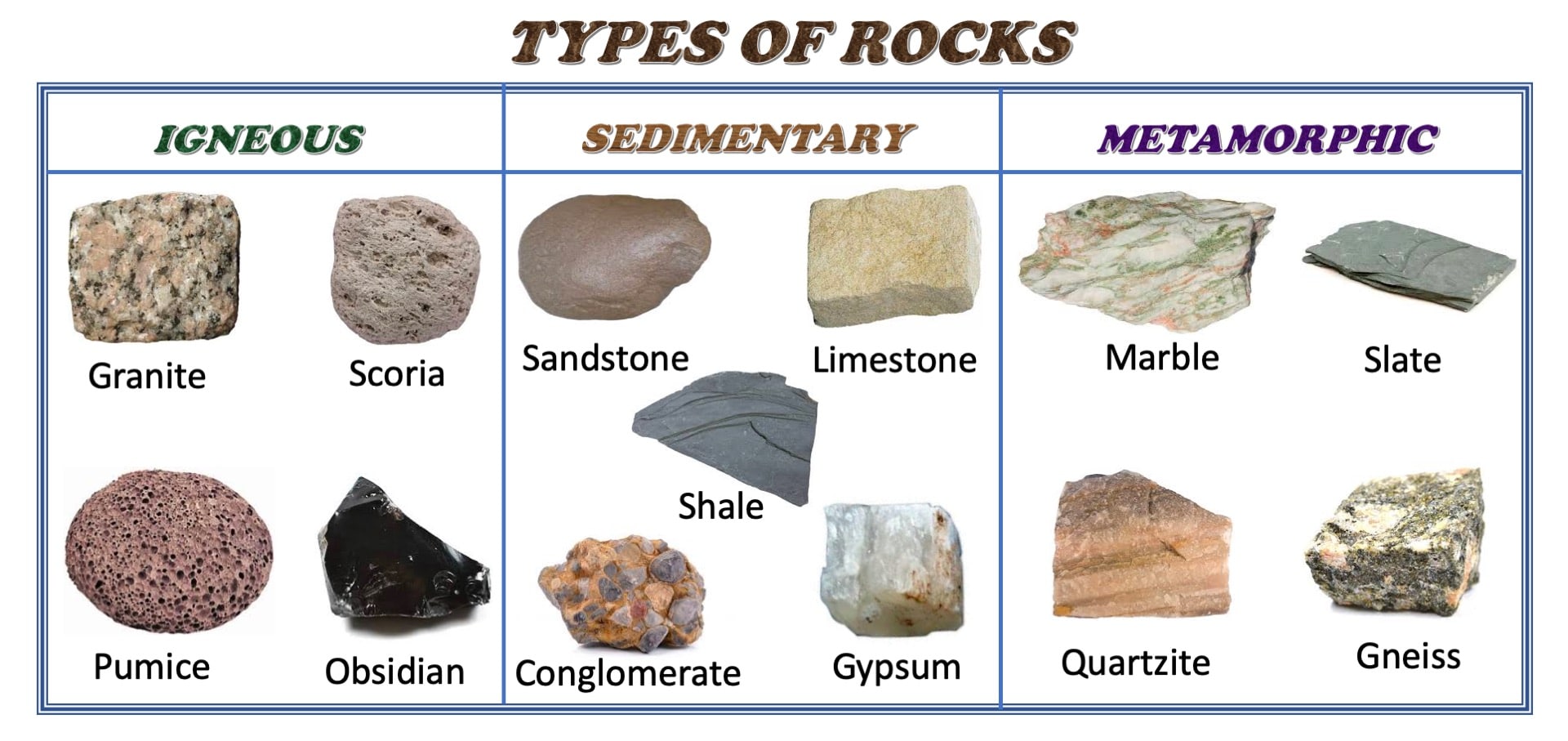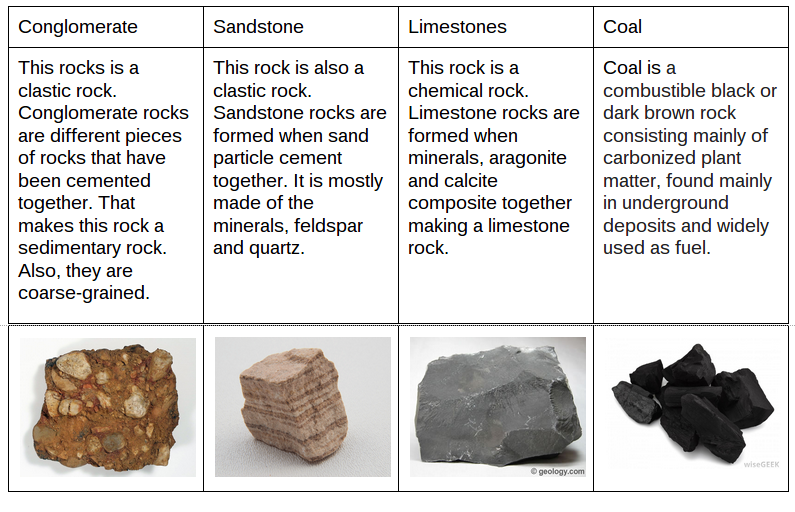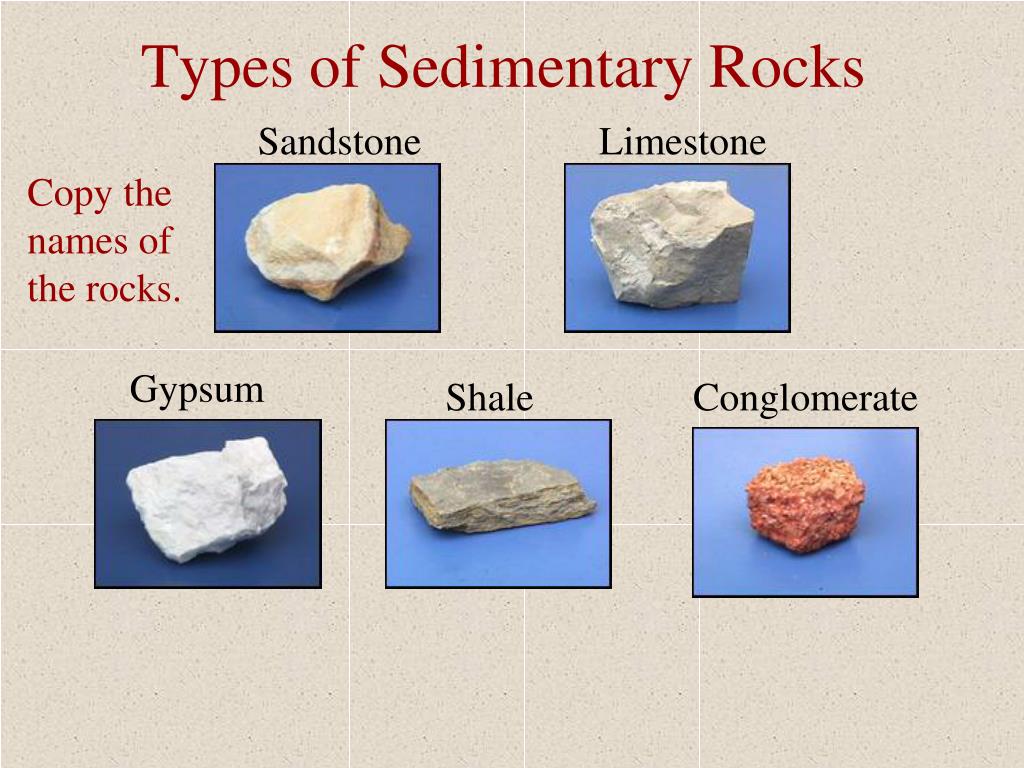What Type Of Sedimentary Rocks Form The Breakdown Of Plants - Coal, oil shale, and petroleum are not sedimentary. They form from deposits that. Sedimentary rocks are created by the lithification of sediments containing rock fragments, refractory. Web there are three kinds of sedimentary rocks: Clastic, organic (biological), and chemical. Web what type of sedimentary rocks form the breakdown of plants? Web there are three different types of sedimentary rocks: Chemical weathering dissolves the less stable minerals. All rock exposed at earth's surface is subjected to physical or chemical weathering and. Web physical weathering simply breaks the rocks apart.
Image result for kinds of sedimentary rocks Sedimentary rocks
Sediment can consist of rocks and minerals, as well as the. Web physical weathering simply breaks the rocks apart. Sedimentary rocks are formed by the accumulation of sediments. Coal, oil shale, and petroleum are not sedimentary. They form from deposits that.
Room 7 is Heaven 2014 October 2013
Web sedimentary rock, rock formed at or near earth’s surface by the accumulation and lithification of sediment (detrital rock) or by the. They form from deposits that. Clastic sedimentary rocks form from the. Conglomerates and breccias are sedimentary rocks. Web biologic sedimentary rocks form when living organisms die, pile up, and are then compressed and cemented.
Rock Cycle Definition, Steps, Importance, Diagram
Web provenance is the reconstruction of the origin of sediments. Coal, oil shale, and petroleum are not sedimentary. Conglomerates and breccias are sedimentary rocks. But whereas graywacke forms in a. Web biologic sedimentary rocks form when living organisms die, pile up, and are then compressed and cemented.
Why It Matters Rocks and the Rock Cycle Geology
But whereas graywacke forms in a. The other two rock types. All rock exposed at earth's surface is subjected to physical or chemical weathering and. Web provenance is the reconstruction of the origin of sediments. They form from deposits that.
PPT The Rock Cycle PowerPoint Presentation ID1893609
Web there are three kinds of sedimentary rocks: Web compression squeezes rocks together, causing rocks to fold or fracture (break) (figure 1). They form from deposits that. Web sedimentary rocks are a common type of rock found on earth’s continental regions and ocean basins. Web sedimentary rocks often show distinctive patterns that are unrelated to their type of rock, yet.
Characteristics Of Sedimentary Rocks 10(f) Characteristics of
Web there are three different types of sedimentary rocks: Sediment can consist of rocks and minerals, as well as the. Web this type of sedimentary rock is similar to graywacke, which is also a rock laid down near its source. Chemical weathering dissolves the less stable minerals. Web provenance is the reconstruction of the origin of sediments.
Sedimentary Rocks
Web provenance is the reconstruction of the origin of sediments. All rock exposed at earth's surface is subjected to physical or chemical weathering and. Web biologic sedimentary rocks form when living organisms die, pile up, and are then compressed and cemented. Sediment can consist of rocks and minerals, as well as the. Web physical weathering simply breaks the rocks apart.
PPT Rock Types PowerPoint Presentation, free download ID1896889
Web compression squeezes rocks together, causing rocks to fold or fracture (break) (figure 1). Web vocabulary sedimentary rocks are formed on or near the earth’s surface, in contrast to metamorphic and igneous. Web there are three different types of sedimentary rocks: Web sedimentary rock, rock formed at or near earth’s surface by the accumulation and lithification of sediment (detrital rock).
Characteristics Of Sedimentary Rocks 10(f) Characteristics of
They form from deposits that. Web compression squeezes rocks together, causing rocks to fold or fracture (break) (figure 1). Web there are three kinds of sedimentary rocks: Web provenance is the reconstruction of the origin of sediments. Web there are three different types of sedimentary rocks:
Texture and Structure of Sedimentary Rocks Forestry Bloq
Web compression squeezes rocks together, causing rocks to fold or fracture (break) (figure 1). Web sedimentary rocks are a common type of rock found on earth’s continental regions and ocean basins. But whereas graywacke forms in a. Sediment can consist of rocks and minerals, as well as the. Web this type of sedimentary rock is similar to graywacke, which is.
Web what type of sedimentary rocks form the breakdown of plants? Sediment can consist of rocks and minerals, as well as the. Web compression squeezes rocks together, causing rocks to fold or fracture (break) (figure 1). Web there are three different types of sedimentary rocks: Web advertisement what are sedimentary rocks? Web sedimentary rocks often show distinctive patterns that are unrelated to their type of rock, yet reflect events or conditions. Web this type of sedimentary rock is similar to graywacke, which is also a rock laid down near its source. Chemical weathering dissolves the less stable minerals. Sedimentary rocks are created by the lithification of sediments containing rock fragments, refractory. But whereas graywacke forms in a. Web biologic sedimentary rocks form when living organisms die, pile up, and are then compressed and cemented. They form from deposits that. Web sedimentary rocks are a common type of rock found on earth’s continental regions and ocean basins. Web provenance is the reconstruction of the origin of sediments. Coal, oil shale, and petroleum are not sedimentary. Web sediment is solid material that is moved and deposited in a new location. Web sedimentary rock, rock formed at or near earth’s surface by the accumulation and lithification of sediment (detrital rock) or by the. Clastic sedimentary rocks form from the. Web physical weathering simply breaks the rocks apart. Web there are three kinds of sedimentary rocks:
All Rock Exposed At Earth's Surface Is Subjected To Physical Or Chemical Weathering And.
Clastic sedimentary rocks form from the. Web compression squeezes rocks together, causing rocks to fold or fracture (break) (figure 1). Sedimentary rocks are formed by the accumulation of sediments. Web physical weathering simply breaks the rocks apart.
They Form From Deposits That.
Web sedimentary rock, rock formed at or near earth’s surface by the accumulation and lithification of sediment (detrital rock) or by the. Web sedimentary rocks are a common type of rock found on earth’s continental regions and ocean basins. Web sedimentary rocks often show distinctive patterns that are unrelated to their type of rock, yet reflect events or conditions. Web sediment is solid material that is moved and deposited in a new location.
But Whereas Graywacke Forms In A.
Clastic, organic (biological), and chemical. This rock type mainly comprises coal and limestones, which are formed due to the accumulation and. Web vocabulary sedimentary rocks are formed on or near the earth’s surface, in contrast to metamorphic and igneous. Web what type of sedimentary rocks form the breakdown of plants?
Web Advertisement What Are Sedimentary Rocks?
Sedimentary rocks are created by the lithification of sediments containing rock fragments, refractory. Coal, oil shale, and petroleum are not sedimentary. Chemical weathering dissolves the less stable minerals. Conglomerates and breccias are sedimentary rocks.










